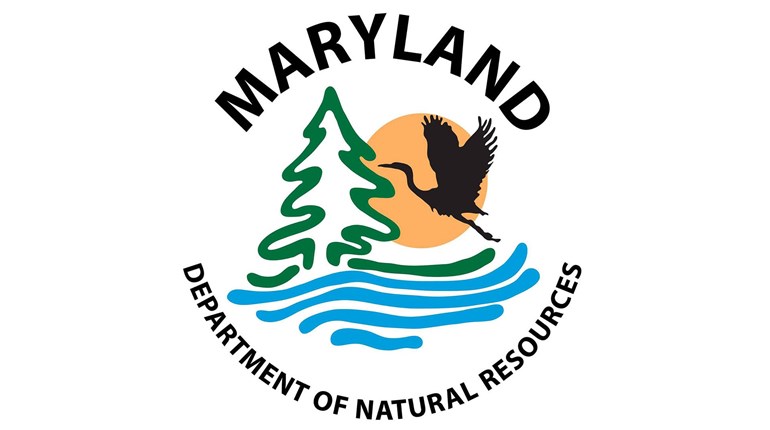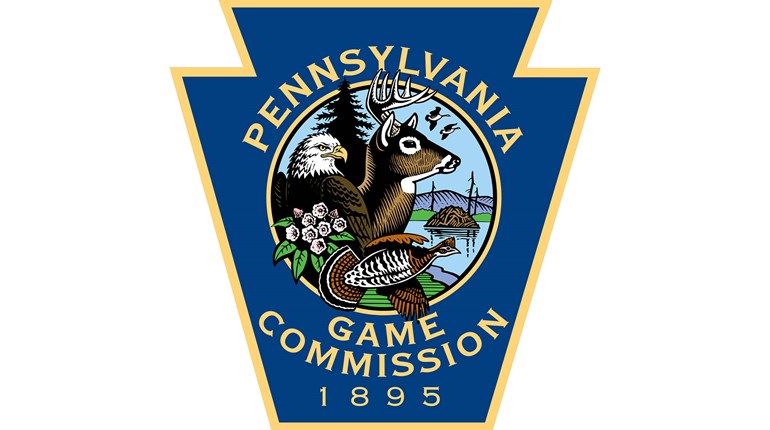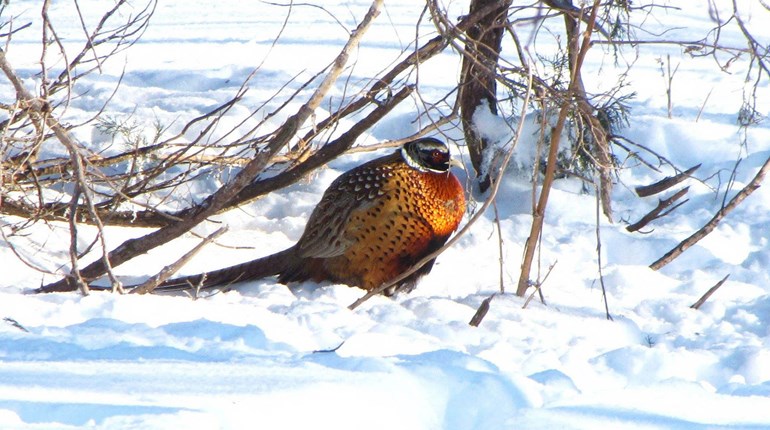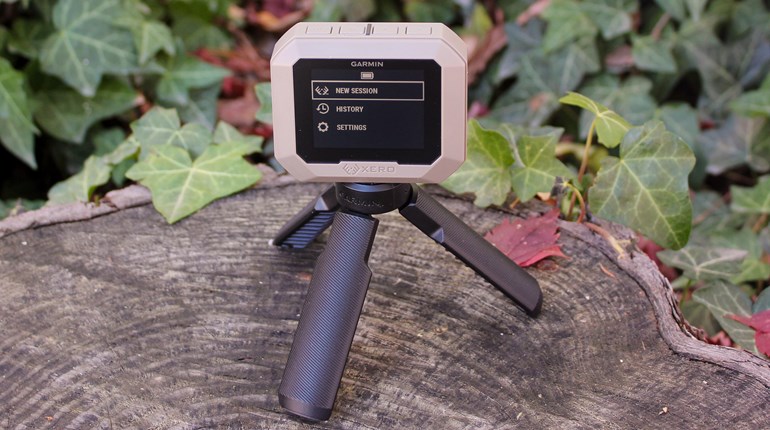
In early April, a federal judge in Brooklyn sentenced two men for trafficking protected birds and eggs into the United States in violation of the U.S. Endangered Species Act (ESA). Dr. John Waldrop of Cataula, Ga., was ordered to pay a $900,000 fine—one of the largest-ever for an ESA case—and serve three years of probation. Toney Jones of Eufala, Ala., was sentenced to six months of probation.
Waldrop pleaded guilty in August 2024 to conspiracy to smuggle wildlife and ESA violations, while Jones pleaded guilty to an ESA charge. Court documents and statements during the trial indicated Waldrop amassed an extensive collection of 1,401 taxidermy bird mounts and 2,594 eggs. They included four eagles listed in the Bald and Golden Eagle Protection Act, 179 bird and 193 egg species listed in the Migratory Bird Treaty Act, and 212 bird and 32 egg species covered by the Convention on International Trade in Endangered Species of Wild Fauna and Flora (CITES).
Some of the rarest specimens found in his possession include three Nordmann’s Greenshank eggs, an Asian shorebird with only 900 to 1,600 of the bird remaining in the wild. There is no North American museum that has any of these eggs in their collection.
“Waldrop’s gigantic and rare bird collection was bolstered in part by illegal imports, where he and his enlisted co-conspirators intentionally avoided permit and declaration requirements,” said Acting Assistant Attorney General Adam Gustafson of the Justice Department’s Environment and Natural Resources Division. “We applaud the efforts of the various federal and state law enforcement entities in investigating and prosecuting this case.”
After USFWS inspectors at John F. Kennedy International Airport and elsewhere intercepted several shipments, Waldrop recruited Jones, who worked on his Georgia farm, to receive the packages. Jones also deposited approximately $525,000 in a bank account that Waldrop then used to pay for the imports and hide his involvement. Waldrop and Jones used online sales sites such as eBay and Etsy to buy birds and eggs from around the world, including Germany, Hungary, Iceland, Italy, Lithuania, Malta, Russia, South Africa, the United Kingdom and Uruguay.
“The scale of this investigation underscores the critical importance of protecting our natural resources,” said Assistant Director Douglas Ault of U.S. Fish and Wildlife Service Office of Law Enforcement. “Waldrop’s collection included thousands of bird specimens and eggs, many of which are among the rarest in the world. This is one of the largest bird trafficking cases in history, and the commercialization of species protected under the Bald and Golden Eagle Protection Act, the Migratory Bird Treaty Act, and CITES highlights the conservation impact of Waldrop’s crimes. We at the U.S. Fish and Wildlife Service Office of Law Enforcement are unwavering in our commitment to safeguarding wildlife for future generations. We will remain vigilant and will continue to hold accountable those who exploit our shared natural resources for personal gain.”
Waldrop forfeited his collection. The USFWS National Fish and Wildlife Forensics Lab examined the items and determined it to be the largest seizure of bird mounts in their 37-year history.




































